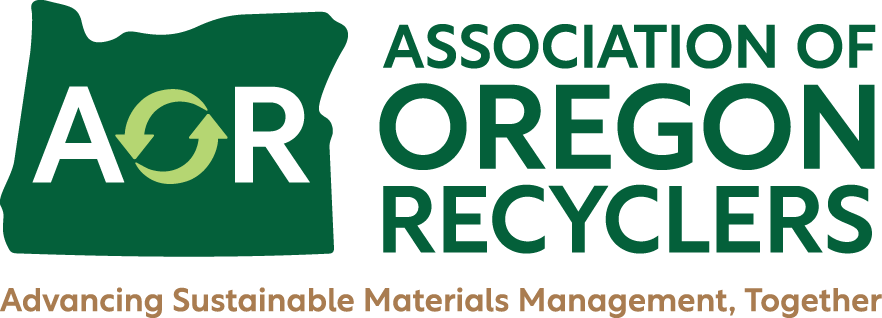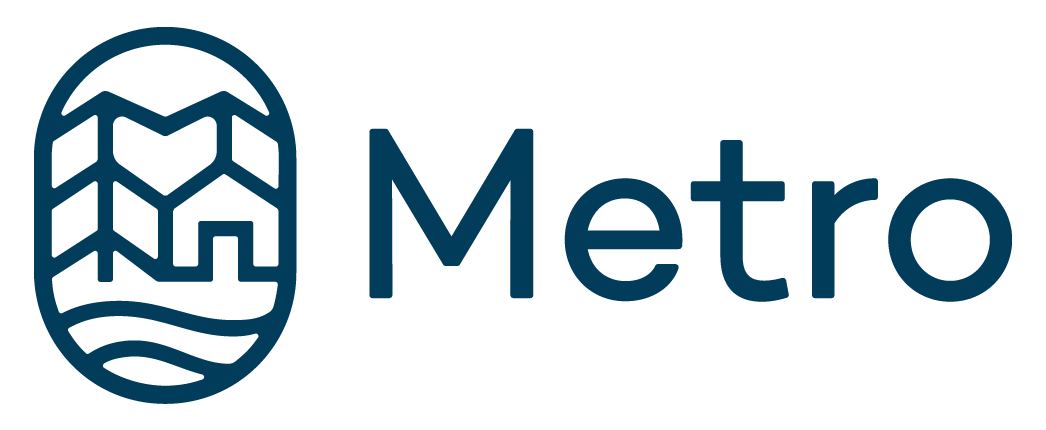Recycling
UK To Ban All Plastic Straws, Q-Tips, And Single-Use Plastics
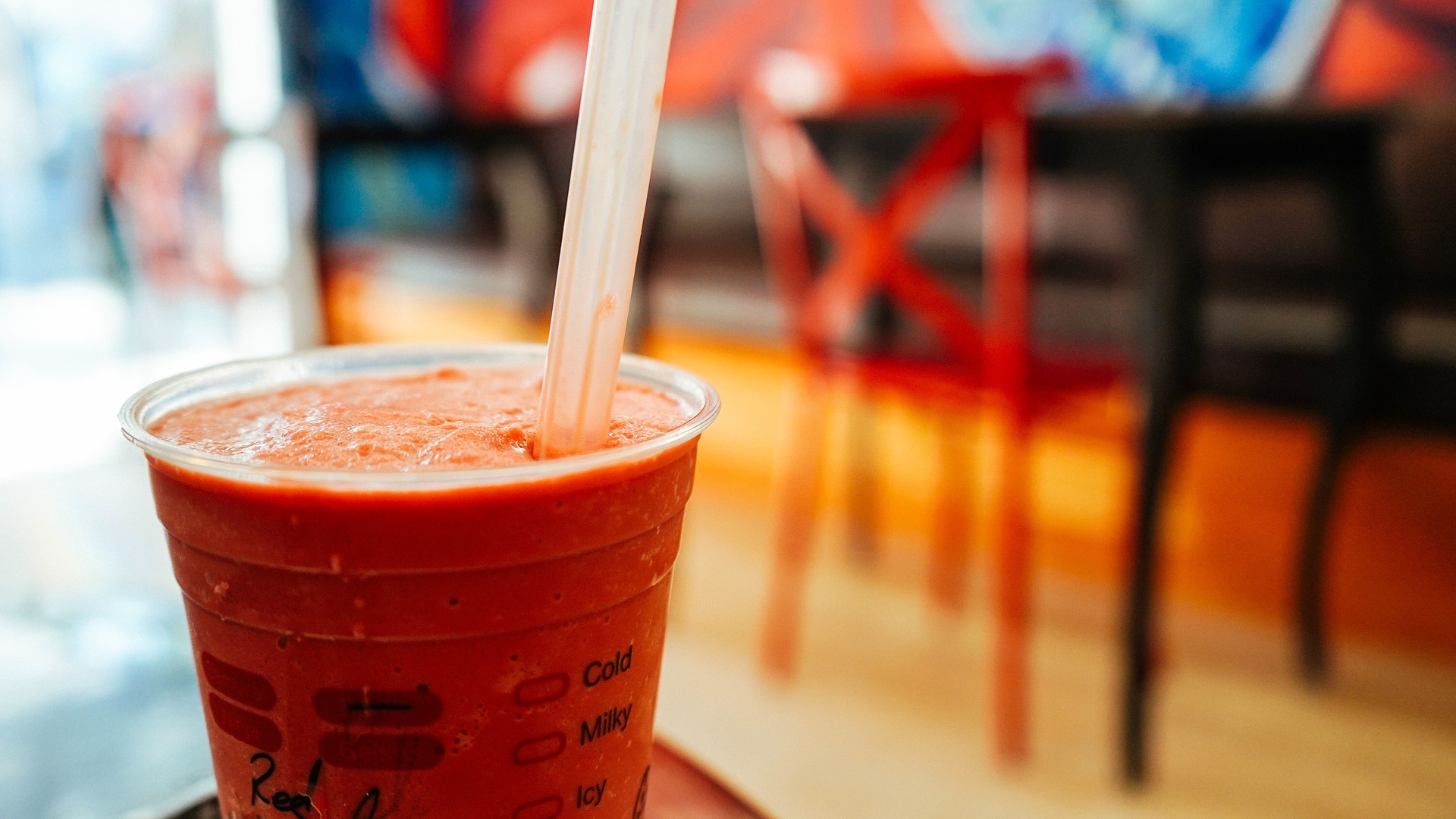 By: Trevor Nace Apr 25, 2018 @ 11:36 AM
By: Trevor Nace Apr 25, 2018 @ 11:36 AM
originally published on Forbes
No Longer Recyclable in Lane County
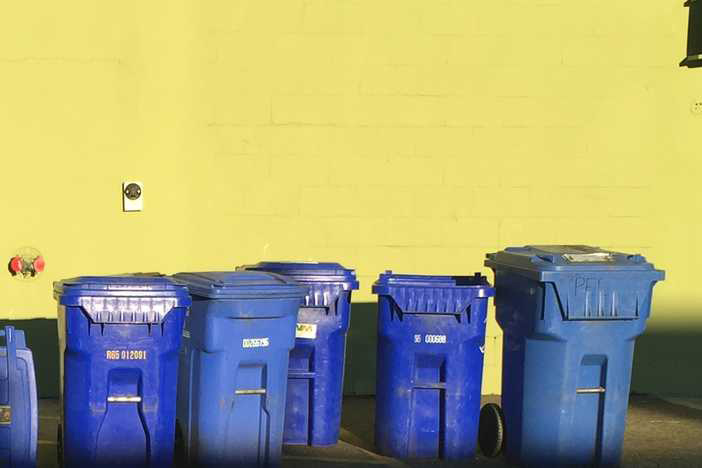 Communities across Oregon - and around the country - are struggling with contaminated recyclables, which has contributed to a sharp drop in interest in U.S. recycled materials from China, the major market for them.
Communities across Oregon - and around the country - are struggling with contaminated recyclables, which has contributed to a sharp drop in interest in U.S. recycled materials from China, the major market for them.
Contamination happens when we put things into recycling bins that can't be recycled and/or are dirty (i.e., trash, items with food residue).
We're Recycling Wrong
 China, which had been receiving more than half of the world's recycling, is no longer accepting most plastics and recycled paper with a contamination level above 0.5 percent as part of its "National Sword" policy.
China, which had been receiving more than half of the world's recycling, is no longer accepting most plastics and recycled paper with a contamination level above 0.5 percent as part of its "National Sword" policy.
Meeting this new quality specification has been almost impossible for U.S. processors. Oregon processors have been looking elsewhere, and it's costing more money.
Where Do Your Unredeemed Beverage Deposits Go?
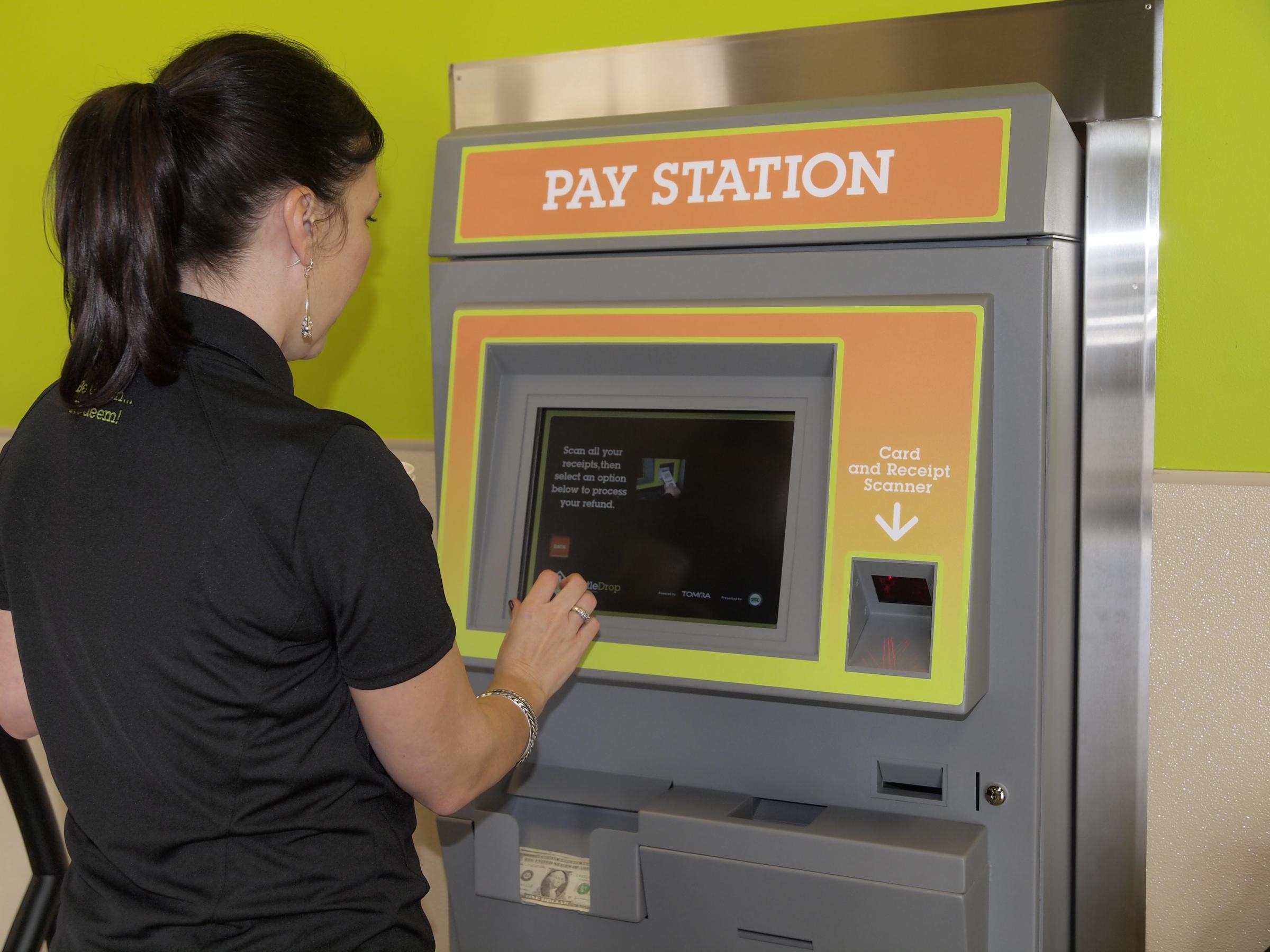 Do you know where your dimes go when you don't redeem your beverage deposits? It goes to the Oregon Beverage Recycling Cooperative (OBRC), to fund bottle collection and BottleDrop Redemption Centers.
Do you know where your dimes go when you don't redeem your beverage deposits? It goes to the Oregon Beverage Recycling Cooperative (OBRC), to fund bottle collection and BottleDrop Redemption Centers.
Waste Dive Reports on First-Ever Global Recycling Day
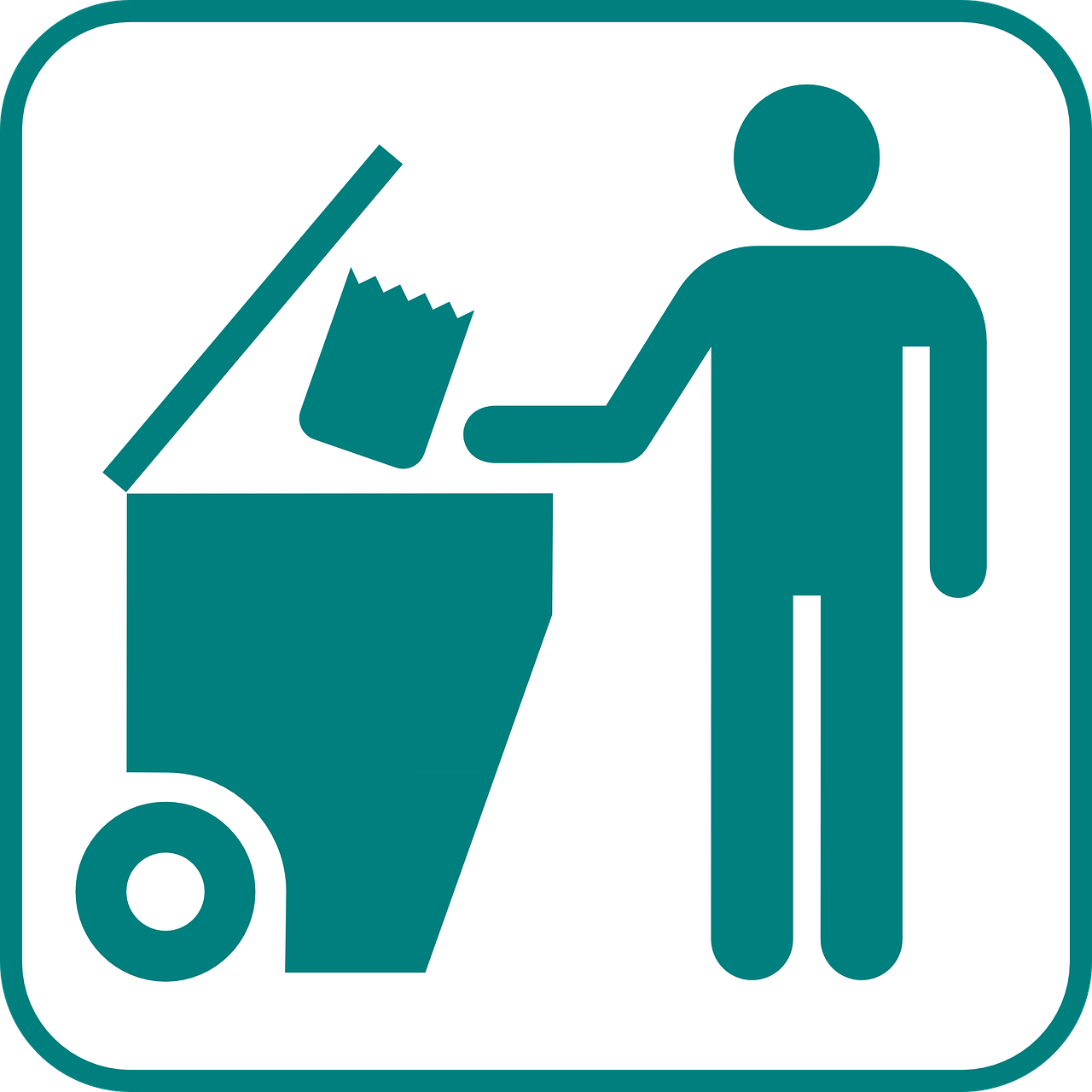 The Bureau of International Recycling (BIR) proclaimed Sunday, March 18 the first Global Recycling Day. Based on the worldwide response, the organization was successful in calling attention to the issues facing the recycling industry and highlighting the importance of what it calls "the seventh resource."
The Bureau of International Recycling (BIR) proclaimed Sunday, March 18 the first Global Recycling Day. Based on the worldwide response, the organization was successful in calling attention to the issues facing the recycling industry and highlighting the importance of what it calls "the seventh resource."
Bend Urges Residents to Recycle Right
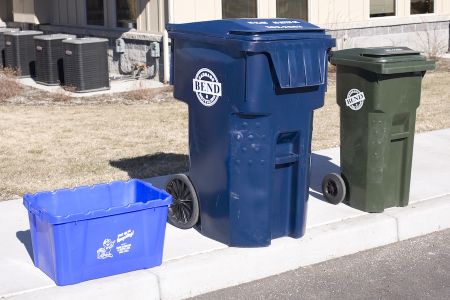 Central Oregon Residents are asked to be more careful about what they put in recycling bins. On January first, China stopped taking most recycling from western nations, claiming recyclables were contaminated with trash and organic material.
Central Oregon Residents are asked to be more careful about what they put in recycling bins. On January first, China stopped taking most recycling from western nations, claiming recyclables were contaminated with trash and organic material.
Portland Area Recycling Guidelines Remain Same
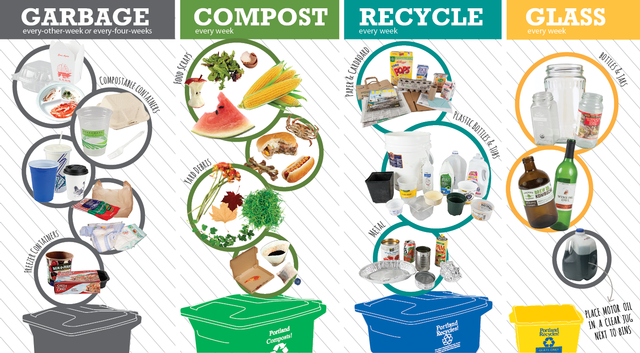 KGW news reports,if the item has been on Metro's list of acceptable recyclables, it is still okay to put into the bin.
KGW news reports,if the item has been on Metro's list of acceptable recyclables, it is still okay to put into the bin.
Marion County Scales Back Recycling in Wake of National Sword
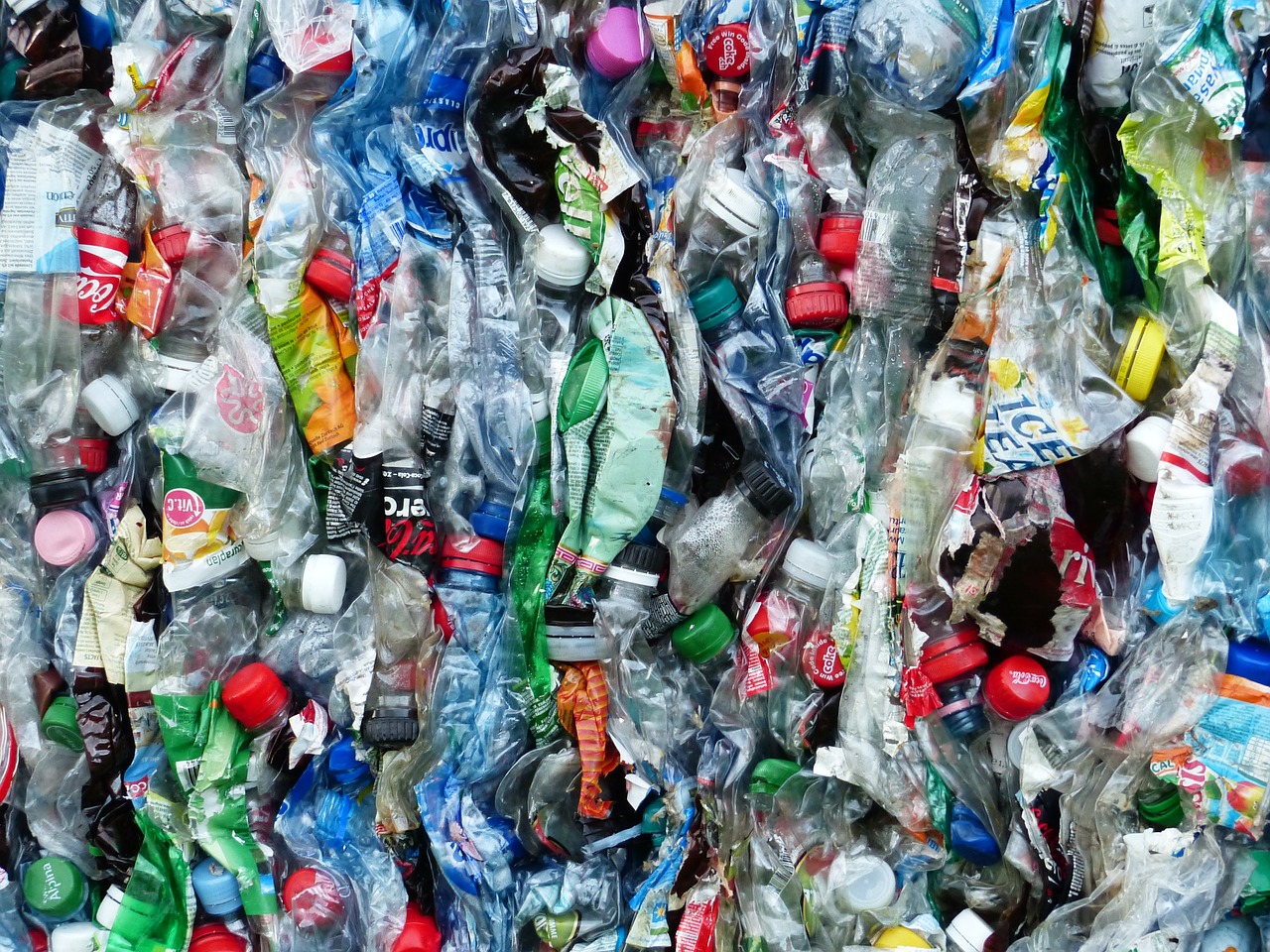 Shredded paper, egg cartons and most plastic containers now are bound for the trash in Marion County, which includes the state capital, Salem, the Seattle Times reports.
Shredded paper, egg cartons and most plastic containers now are bound for the trash in Marion County, which includes the state capital, Salem, the Seattle Times reports.
Klamath County may help fund REACH expansion
 Klamath County commissioners are considering a plan to help fund a facility upgrade at REACH Inc. that would expand local recyclable processing capacity, creating seven to 10 jobs.
Klamath County commissioners are considering a plan to help fund a facility upgrade at REACH Inc. that would expand local recyclable processing capacity, creating seven to 10 jobs.
McFarlane's No Longer Accepts Certain Wood Waste
 Due to a lack of local hog fuel wood fiber users, the McFarlane’s Bark Vancouver and Milwaukie yards will no longer accept wood waste materials, pallets, construction wood, mill-cut wood, and commercially-cut wood as of Sunday, April 1, 2018.
Due to a lack of local hog fuel wood fiber users, the McFarlane’s Bark Vancouver and Milwaukie yards will no longer accept wood waste materials, pallets, construction wood, mill-cut wood, and commercially-cut wood as of Sunday, April 1, 2018.
They will continue accepting land clearing debris, trees, stumps, grass, leaves, and yard debris.
